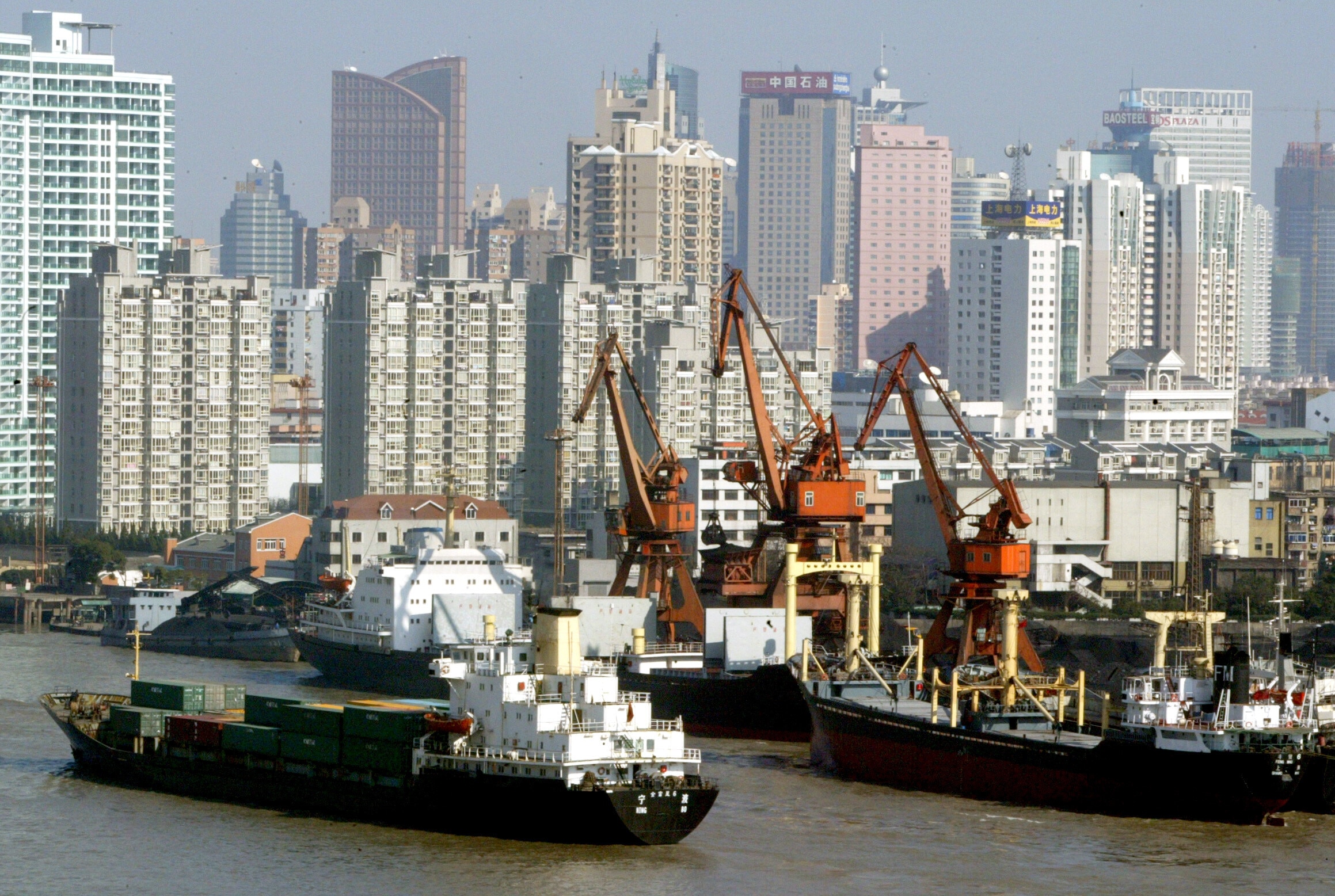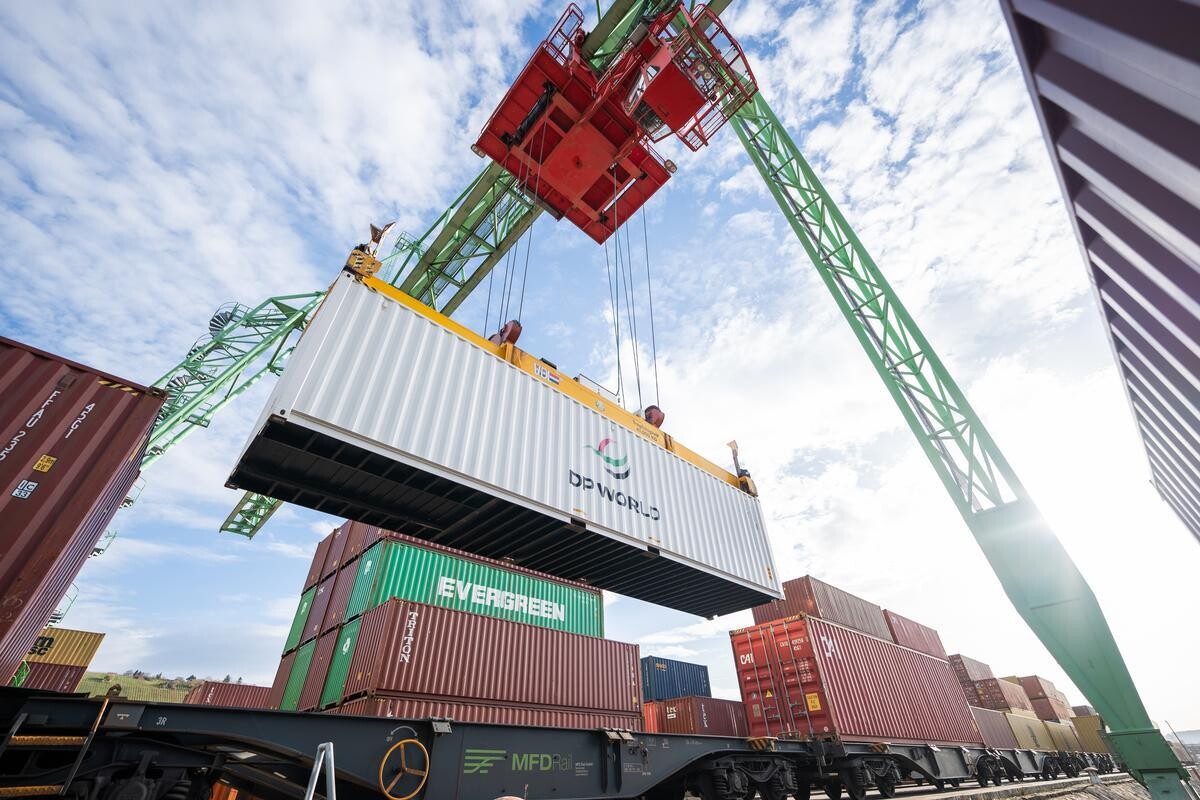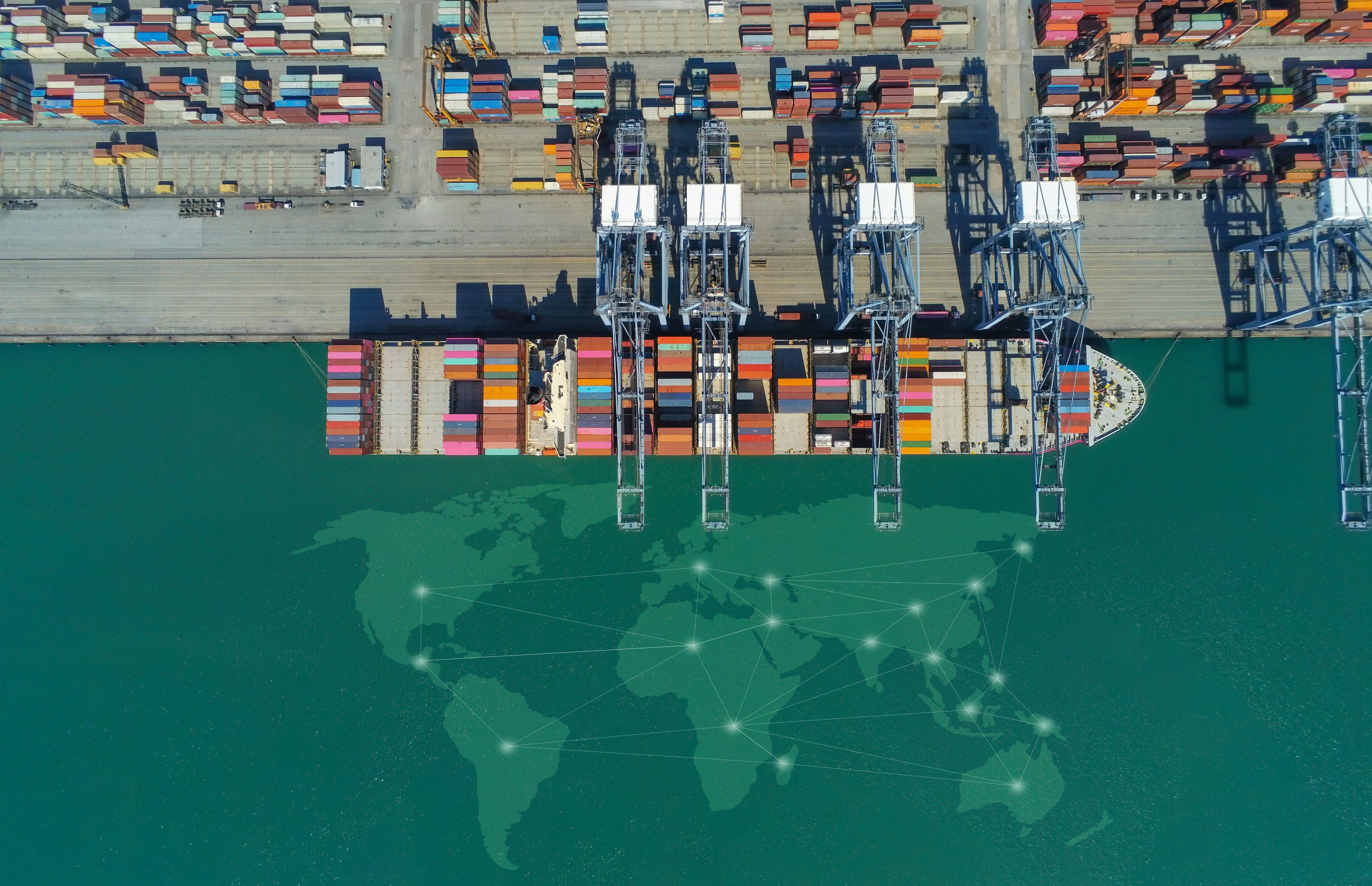5 ways stronger UK supply chains can help reduce rising food costs

Price inflation ... food supply chains are highly interconnected. Image: Pexels/Cottonbro Studio
Amir M. Sharif
Dean of the Faculty of Management, Law and Social Sciences and Professor of Circular Economy,, University of BradfordLiz Breen
Director of the Digital Health Enterprise Zone (DHEZ), University of Bradford, Professor of Health Service Operations, University of Bradford- The UK imports a significant amount of its food, which makes it vulnerable to price fluctuations in global markets.
- Reducing reliance on imports would help to insulate the UK from these fluctuations and reduce the cost of food.
- Investing in new infrastructure, such as cold storage facilities and distribution centers, would help to improve the efficiency of the supply chain and reduce costs.
- Working with farmers to improve productivity and reduce costs would help to keep food prices affordable.
Annual price inflation has recently fallen below double digits, but food costs are still rising rapidly. Official UK figures show food prices rose by 19.1% in the year to April 2023.
To prevent further increases, the UK needs to face up to the deep and fundamental relationship between the rising cost of food and how it is supplied nationally.
At Downing Street’s recent Farm to Fork summit for the UK food industry, at least eight key commitments were made relating to supporting innovation, skills and labour, farming schemes, fair supply chains, exports, water and energy security, and cutting red tape.
These are fair and wise areas to address, but action speaks louder than words. Food producers, retailers and other supply chain actors all have a role to play in shaping policy and practice to improve UK supply chains and reduce food prices.
Why do we have inflated food prices?
The UK should not be in this position in 2023. This is part self-inflicted, as well as down to historical events and external influences. In 2022, the Ukraine war caused hikes in gas, wheat and sunflower oil prices due to product unavailability.
More recently though, the root cause of food price inflation is reportedly less event-driven and more business-derived. “Greedflation”, or profiteering by companies, is increasingly being blamed for high prices.
Whatever its cause, the Resolution Foundation thinktank says:
Food price shock is about to overtake the energy price shock as the biggest threat to family finances.
”This price inflation also needs to be brought under control. To make this happen, the food supply chain must promote UK food security, which means access to food at affordable prices. But there are at least five fundamental issues that require attention before the government’s latest pledges can be enacted and realised.
1. Feed, fertiliser and fuel costs
As Ash Amirahmadi, head of UK dairy company Arla Foods, has repeatedly pointed out, a major driver for food price rises and wholesale food price inflation hitting almost 20% is the rise in feed, fertiliser and fuel costs. Managing these costs where possible within the supply chain, and identifying where government subsidies can be introduced, will contribute to a decrease in food prices.
2. Retailer profits
Here in the UK, supermarkets have rigid contracts. During shortages and prices hikes, rising costs can be passed on to consumers. But in a highly price sensitive environment, such as during supply shortages, supermarkets may not want to charge customers more, and so costs are absorbed by farmers and their suppliers instead.
Food retailers, shops and supermarkets have to keep running their businesses. The prices these companies sell their products for incorporate the costs of production, transport and also additional profits.
Supermarkets such as Tesco and Sainsbury’s calculate profit margins at an average of between 3.1p and 4.1p in the pound. Releasing at least a penny or two from this margin would enable a reduction in the final cost paid by the consumer. Sainsbury’s says it has spent £560 million keeping prices low over the last two years, but have customers actually seen this in their daily shop?
How the Forum helps leaders strengthen manufacturing and supply chain resilience
3. Wage increases
Food supply chains are highly interconnected – including the pay element. Workers need national minimum wage rises as part of a wholesale improvement to tackle employability and improve job market prospects. These increases also have a positive impact on cost of living concerns, of course.
But labour costs also eat into the profit margins of food retailers and suppliers, and contribute to the total cost of food. Reviewing pay for those in the food sector may be very challenging or simply not possible given cost of living pressures on households at the moment. Employees need and deserve salary increments – but when and by how much should be considered in the overall context of price inflation, alongside manufacturing, logistics and other costs.
4. Labour shortages
General labour shortages in the logistics and supply sector are directly affecting the supply of food. There are simply not enough drivers, logistics, procurement, shipping and warehousing staff nationally to meet existing – let alone future – demand. Finding, funding and facilitating workforce skills development to get the chain moving is critical to supply chain performance and overall costs.

5. Food prices
Food prices are generally set well in advance, through production planning horizons and futures contracts on perishable food staples. These factor in the forecast cost of energy and fertiliser, which have also been rising sharply.
Predictions of inflation reduction in 2023 have already been refuted as food prices continue to rise. This highlights the complex set of issues rooted in the engagement, involvement, interests and economic behaviour of chain actors. For the UK, this is enacted on a local level through growers, manufacturers, distributors and retailers.
What are the next steps to promote food security?
Lack of access to consumer products is not a new phenomenon. Major events such as Brexit and the COVID pandemic have already taken their toll on UK supply chains. We are still seeing shortages in many vital products such as medicines, semiconductors, and lithium for batteries – often for the same reasons as the shortages in our food supply chains.
As international conflict, energy and climate crises unfold and continue into the future, food supply chains must work within these constraints to ensure food security. Coordinated agreement for change is a must. And market makers such as food producers, distributors and retailers need to consider absorbing more corporate risk, in the form of reduced profits, “for the greater good”.
Don't miss any update on this topic
Create a free account and access your personalized content collection with our latest publications and analyses.
License and Republishing
World Economic Forum articles may be republished in accordance with the Creative Commons Attribution-NonCommercial-NoDerivatives 4.0 International Public License, and in accordance with our Terms of Use.
The views expressed in this article are those of the author alone and not the World Economic Forum.
Stay up to date:
United Kingdom
Related topics:
Forum Stories newsletter
Bringing you weekly curated insights and analysis on the global issues that matter.
More on Supply Chains and TransportationSee all
Mette Asmussen and Thibault Villien De Gabiole
February 4, 2026






